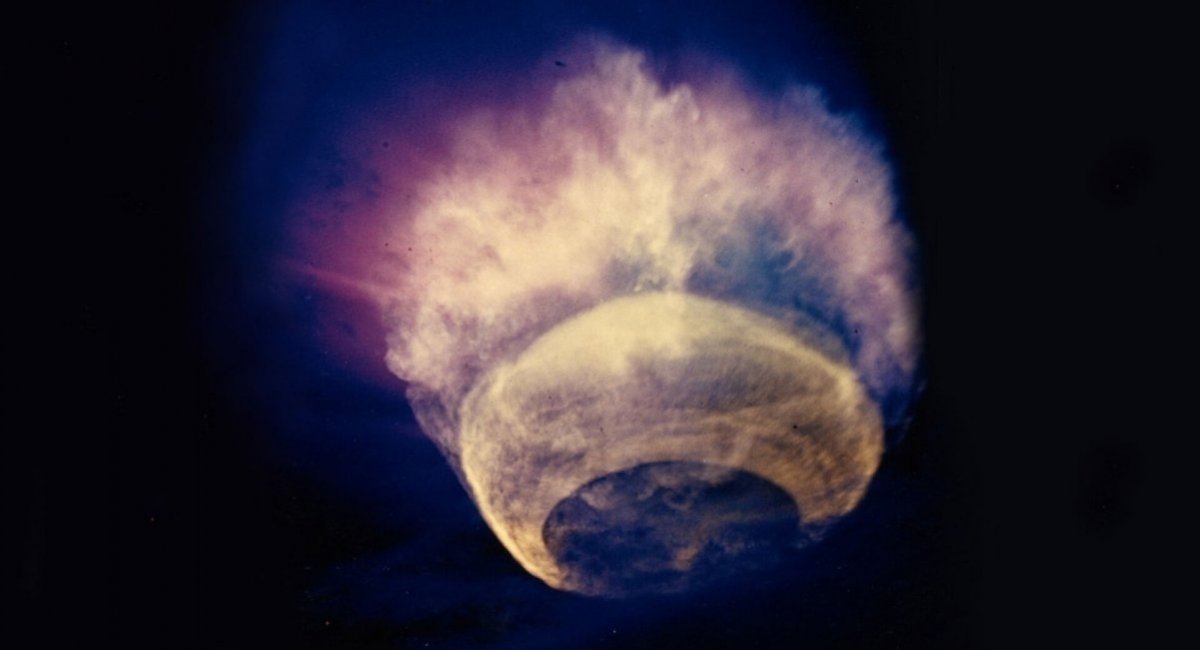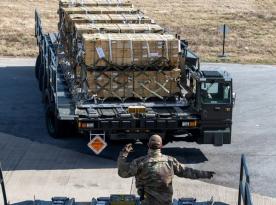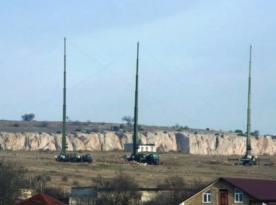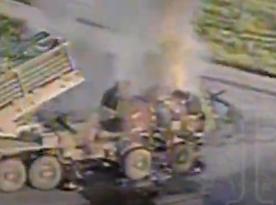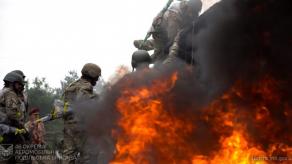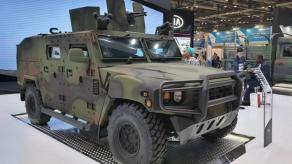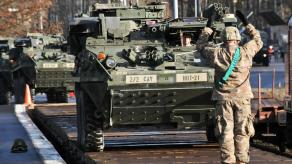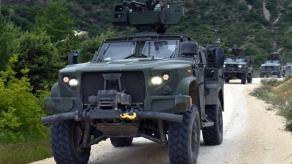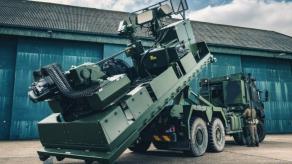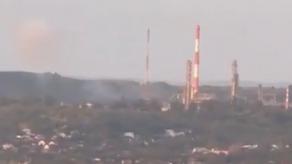Following the uproar in the United States caused by the U.S. Congressman Mike Turner's warning regarding russia taking nuclear weapons to space, the White House had to step in and speak out. National security communications adviser John Kirby clarified this topic during a briefing.
Kirby refrained from specifying the exact nature of the threat, other than labeling it a new "anti-satellite weapon" not yet deployed by russia. Despite persistent inquiries from journalists, Kirby declined to provide any further details, not even whether it's a nuclear bomb or a spacecraft powered by a nuclear power plant.
Read more: Tobol System in russian Kaliningrad Jams GPS Over Europe, and It Does Cause Problems
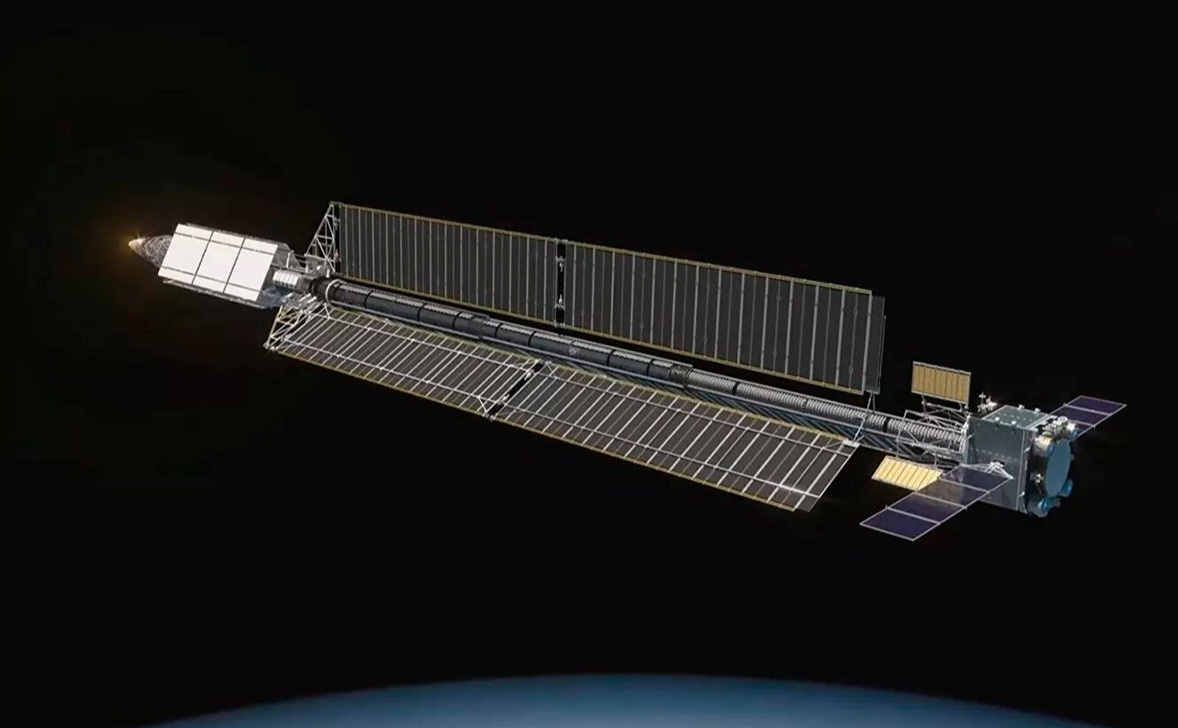
The only known russian concept of a spacecraft with a nuclear power plant as an anti-satellite weapon is the project called Ekipazh, a.k.a. Zevs. It is a space tug that uses a nuclear engine to alter the orbits of adversary satellites. It's the nuclear propulsion that enables regular and active changes in orbit parameters which is impossible for conventional engines. That is, it's a significant leap in technology compared to russia's previous space programs.
On the other hand, we all know too well about russian cosmonautics, with Roscosmos, the russian space agency, building satellites for decades to collide them into the Moon, and its ex-leader who proposed to put a 9,000 kg high-explosive aerial bomb on a Soyuz rocket carrier for quasi-ballistic strikes on Ukrainian cities.
Another known technology that destroys satellites, and besides, has been tested in practice, is a nuclear explosion in space. Tests of this type of weapon were carried out in the 1960s, both in the USSR and the USA. Specifically, the so-called Operation K and Starfish Prime experiments, which took place in 1961–1962.
The maximum impact of these tests is exemplified by the American detonation at an altitude of 450 km of a nuclear charge with an explosive power of 1.45 megatons (in TNT equivalent). The radiation belt that formed after the explosion disabled eight out of 24 satellites in Earth's orbit. It did not happen instantly, but as the satellites regularly flew through the radiation field, their electronics failed. The effects observed from the Earth included aurora borealis, power outages, and disruptions in radio communications.
Now surface aside, speaking of what's going to happen in space, if russia were to detonate a nuclear bomb in orbit, it could lead to a rapid increase in non-operational satellites. Note, in 1962, one-third of all the satellites around the planet were disabled, only eight at that time. But nowadays, there are more than 9,000 operational satellites, over 8,300 of them are in low orbit, i.e. 500 to 1,000 km from the ground.
Failure of such a large quantity of spacecraft threatens to trigger the Kessler Syndrome — a hypothetical scenario, where the collision of spacecraft and debris causes even more debris to appear in a cascading manner, which destroys more and more satellites, making more debris, and so on, until Earth's orbit becomes unusable due to extensive pollution.
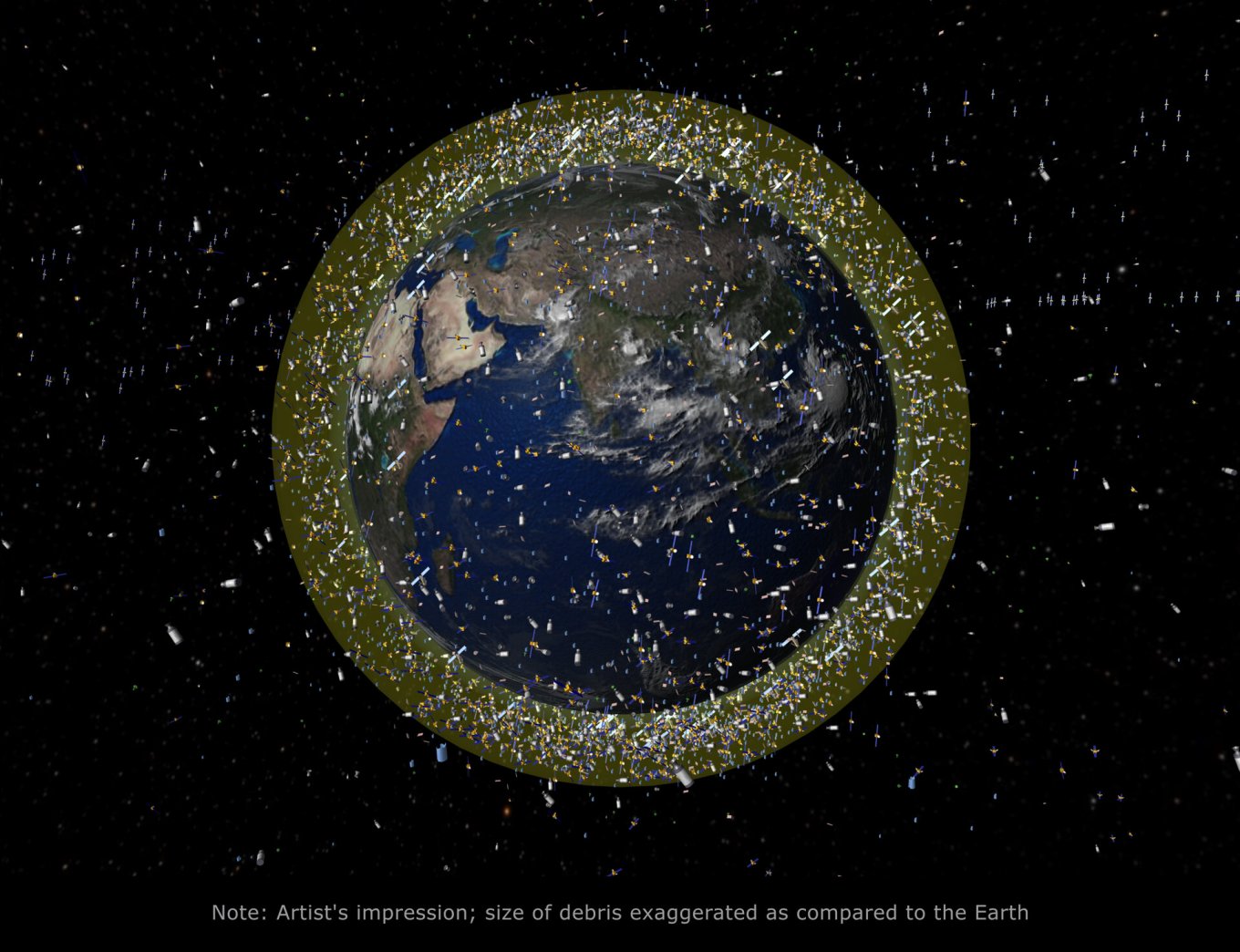
Is the russian federation capable of committing to such a step, given the feeling of absolute impunity? Perhaps. It would certainly not come as a surprise, considering that from time to time Moscow declares that Western satellites are a "legitimate target" for russia. In particular, such statements were made by the russian spox from the tribune of the UN General Assembly in October 2022.
What the Kremlin would gain from this is the mitigation of the technological superiority of other nations, first of all, the USA which heavily relies on navigation, communication, and reconnaissance satellites as one of the cornerstones of the country's defense capabilities. From GPS satellites that enable all American precision-guided weapons, otherwise helpless; to special satellites for detecting intercontinental ballistic missile launches, or constant radar monitoring projects necessary for interception of hypersonic weapons.
It's pretty much in the style of the Kremlin when a game of chess is rapidly approaching checkmate, to simply turn over the table as it realizes the most fierce response to its actions would be nothing but "deep concern" from the international community. Even if the stakes are basically an interruption of the cosmic era in the current sense of the word for tens, nay hundreds of years for all of humanity.

Though there is a deterrent factor — the detonation of a nuclear device in space could be perceived as a precursor to a larger nuclear assault, as both start with creating powerful interference targeting over-the-horizon radars, thus triggering preemptive responses.
However, in reality, the situation could be less pessimistic, and russia does not even have any nuclear weapons or nuclear capabilities in space. Instead, there is one more potential explanation to the "nuclear anti-satellite weapon" in space.
In 2022, the head of the Electronic Warfare Troops of the russian armed forces, Lieutenant General Yuriy Lastochkin, announced plans to create a network of electronic warfare satellites.
Ensuring high power of the EW interference requires great amounts of energy to power the jamming system, one of the options is a radioisotope thermoelectric generator. This nuclear battery uses radioactive materials to generate energy and has sometimes been used in satellites since the 1960s.
Although the latter seems less harmful than a nuclear bomb, a counter-satellite EW system is no good news for the USA either. The upside is, the russian federation will need to go through with quite painstaking work to launch a sufficient number of satellites with EW equipment into orbit. That is while for the entire year 2023, russia carried out only a modest 19 space launches, of which six were for servicing the International Space Station.
Read more: Can russia Really Take Down an Orbital Satellite and Is It Worth the Effort



